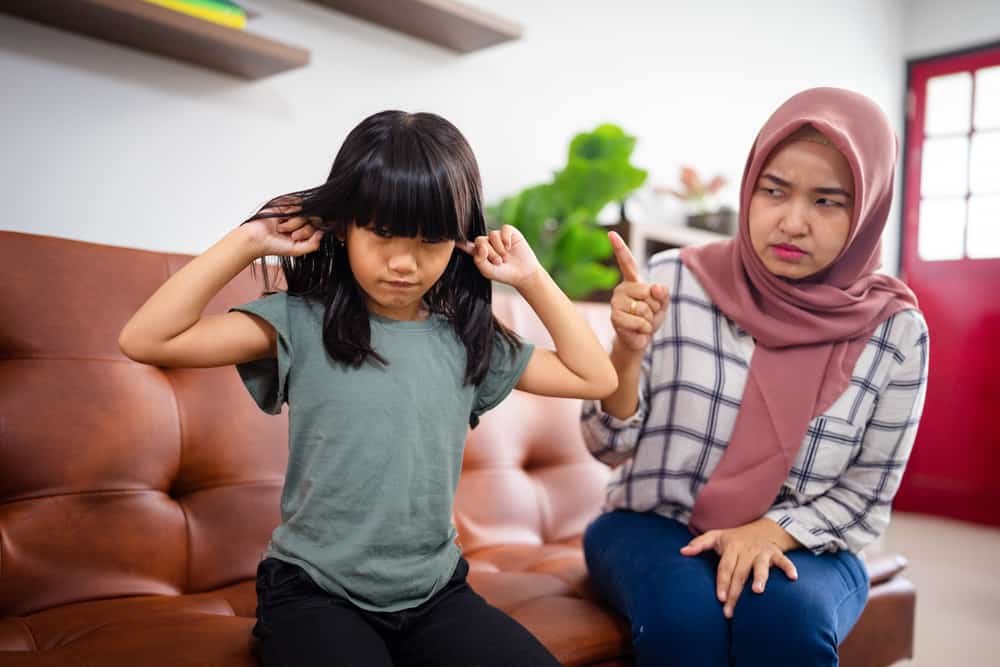All children have their moments, or behaviour problems. Its good to know what can be done when you feel overwhelmed with your child’s behaviour.
Raising well-behaved children requires more than just setting rules and giving out punishments. It involves understanding effective discipline techniques that promote positive behaviour, foster character development, and nurture a strong parent-child relationship.
Are you having trouble with your kids behaviour in the home?
Discipline is not about controlling or dominating children but rather guiding them towards responsible behaviour and teaching them valuable life skills. It encompasses a range of approaches that go beyond punishment, focusing on teaching, modeling, and reinforcing positive behaviors.
Parents can create a positive environment for their children by understanding and applying effective discipline techniques. This environment will help their children to grow, learn, and become responsible individuals in the long run.

Importance of understanding effective discipline techniques
The Importance of Discipline in Child Development:
Discipline plays a crucial role in a child’s overall development and mental health by:
- Promoting self-discipline and self-control.
- Instilling values, morals, and a sense of right and wrong.
- Facilitating social and emotional development.
- Setting limits and positive behaviour support for all family members.
- Preparing children for future responsibilities and challenges.
Differentiating Discipline from Punishment
It is important to understand that discipline is not synonymous with punishment. If you need help with effective discipline for kids then remember these key points:
- Discipline is a teaching tool that guides children towards positive behavior.
- Punishment, on the other hand, focuses on retribution and short-term compliance.
- Effective discipline seeks to educate and promote long-term behavior change.
Age-Appropriate Discipline Strategies
Discipline strategies should be tailored to the child’s age and developmental stage.
Here are some age-specific techniques:
Infants and Toddlers:
Establishing consistent routines, redirecting attention, and offering praise and positive reinforcement.
Preschoolers:
Using clear instructions, employing time-outs as a gentle consequence, and encouraging decision-making skills.
School-Age Children:
Enforcing rules and consequences consistently, promoting logical and natural consequences, and fostering reflection and accountability.
Teenagers:
Engaging in open and respectful communication, allowing autonomy within limits, and encouraging negotiation and compromise.
Positive Reinforcement and Rewards

Positive reinforcement is a powerful tool for effective discipline. Its something at Innate Therapies we like to promote through child counselling, to support your family.
Consider the following strategies:
1. Recognize and reinforce good behaviors through specific and meaningful praise.
2. Use rewards thoughtfully and selectively, linking them to achievements or effort.
3. Foster intrinsic motivation by gradually shifting from external rewards to internal satisfaction.
Teaching Empathy and Emotional Regulation
Effective discipline involves nurturing emotional intelligence in children.
Consider the following approaches:
- Encourage empathy by helping children understand and respect others’ feelings.
- Teach children to identify and manage their own emotions through communication and problem-solving skills.
- Model healthy emotional expression and provide a supportive environment for emotional growth.
Consistency and Clear Communication
Consistency and clear communication are fundamental to effective discipline. Using family therapy and counselling services can help with challenging behaviours.
Keep the following in mind:
- Establish consistent rules and expectations that are age-appropriate.
- Communicate rules clearly, using language that children can understand.
- Avoid mixed messages and ensure that consequences are consistently enforced.
Balancing Discipline with Love and Affection
Discipline should be balanced with love and affection.
Consider the following aspects:
- Demonstrate unconditional love and support for your child.
- Separate behaviour from the child’s worth by addressing the actions, not the child’s character.
- Emphasize the importance of boundaries and consequences to teach responsibility.
Understanding effective or positive discipline techniques is paramount to raising well-behaved and emotionally balanced children. Parents can nurture their children’s behaviour by adopting a positive approach to discipline. This will help instill important life skills and foster a strong parent-child relationship. Remember, effective discipline is an ongoing process that requires patience, consistency, and adaptability as children grow and develop.
By choosing discipline techniques that align with their child’s age, temperament, and needs, parents can lay a solid foundation for their children to become responsible and compassionate individuals.
How our therapy sessions in Cairns can help your children
Therapy can be a powerful tool in nurturing well-behaved children and creating a harmonious family environment. Therapy can help parents gain valuable insights. It can also help them develop effective strategies. Additionally, it can address any underlying issues that may be affecting their child’s behaviour and development.
At Innate Therapies Cairns, we provide a safe and understanding environment. Parents can use this space to express their worries, discover new parenting techniques, and gain insight into their child’s needs.
Innate Therapies specialize in child development. They provide expert guidance to help parents. This guidance helps them navigate challenges, implement discipline techniques, and foster positive behaviour in their children.
